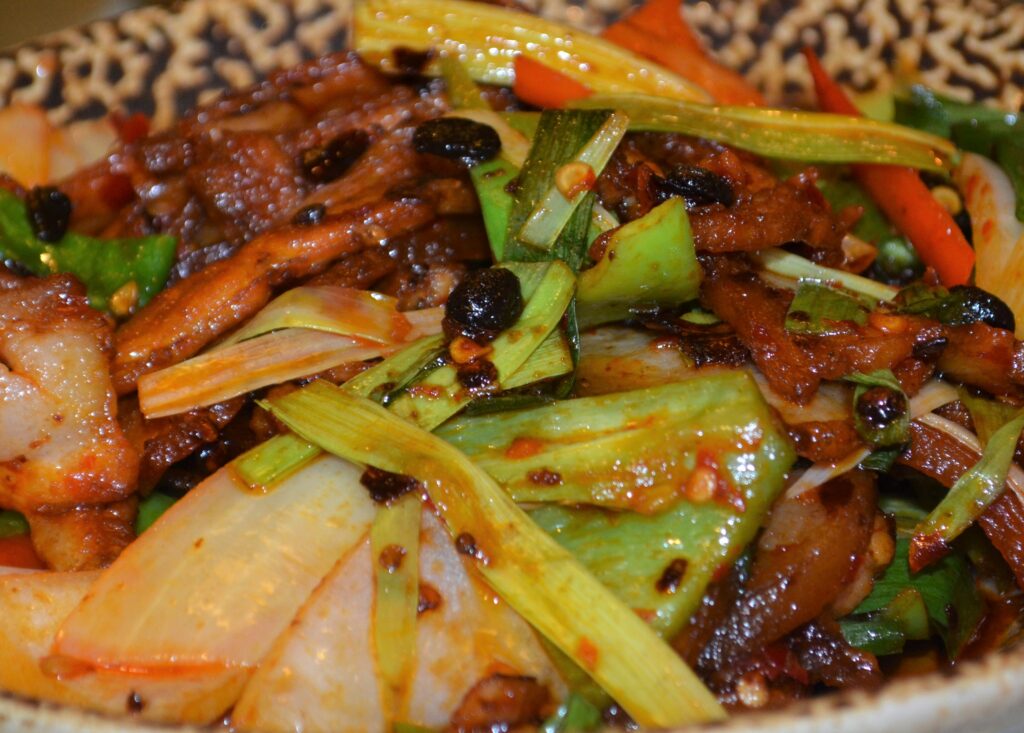Text and Photos by Henrylito D. Tacio


By June this year, expect the Philippines to have industrially-produced trans fat to be out of its food supply.
Two years ago, the Department of Health adopted an administrative policy that will ban partially-hydrogenated oils (PHO) – the main sources of industrially produced trans fat – which health experts describe as “a dangerous chemical food additive.”
The policy aims to reduce Filipinos’ trans fatty acids (TFA) intake to less than one percent of their recommended total energy intake.
TFA is defined as “manufactured fats during hydrogenation – a process which stabilizes polyunsaturated oils to prevent them from becoming stale and keep them solid at room temperature.”
The World Health Organization (WHO) reports that PHO is an ingredient in many foods, including margarine and vegetable shortening; fried foods and doughnuts; baked goods, such as crackers, biscuits, and pies; and pre-mixed products such as pancake and hot chocolate mix.
Baked and fried street and restaurant foods (particularly those from fast foods) often contain PHO. It is also found in frozen foods, such as frozen dinners, pizza, ice cream, frozen yogurt, milkshakes, and pudding. Non-dairy creamer also contains PHO.
“Not all packaged foods have trans fat,” the United Nations health agency points out. “It depends on the ingredients that were used.” In fact, most of these products can be made without industrially-produced trans fat.
There is also evidence that heating and frying oil at high temperature leads to “modest increase” in trans fat concentrations. On average, the level of trans fat has been found to increase by 3.67 grams per 100 grams after heating, and by 3.57 grams per 100 grams after frying.
“There is no evidence that other cooking methods, like baking, boiling and grilling, lead to increased trans fat concentrations, the WHO pointed out.
Trans fat, a type of dietary fat, has no health benefits. “Trans fat has no known benefit, and huge health risk that incur huge costs for health systems,” deplores WHO Director-General, Dr. Tedros Adhanom Ghebreyesus.
“Your body does not need or benefit from trans fat,” the WHO claims in its website. “Eating these fats increases your risk for health problems.”
For one, trans fat increases your risk for cardiovascular disease. “Trans fats raise your low-density lipoprotein (LDL) or good cholesterol. They lower your high-density lipoprotein (LDL) or good cholesterol. High LDL along with low HDL levels can cause cholesterol to build up in your blood vessels. This increases your risk for heart disease and stroke,” the WHO explains.
Trans fats also increase your risk for diabetes and help you gain weight. “Like all fats, trans fat contains 9 calories per gram,” the WHO says. “Consuming a lot of fat can lead to unwanted weight gain. Excess weight increases the risk for diabetes, heart disease, and other health problems.”
Studies related to trans fat consumption in the country are lacking, as highlighted by peer-reviewed medical journal, The Lancet. About 3,000 Filipinos die prematurely each year “due to high consumption of TFA,” according to the WHO.
The US National Academy of Medicine said there is no safe level of consumption of trans fat. As such, eliminating trans fat is cost effective and has enormous benefits for health. “Put simply, trans fat is a toxic chemical that kills, and should have no place in food. It’s time to get rid of it once and for all,” Dr. Tedros urged.
A new report from WHO – Countdown to 2023 – WHO report on global trans fat elimination 2022 – stated that five billion people globally remain unprotected from harmful trans fat.
“Progress in eliminating trans fat is at risk of stalling, and trans fat continues to kill people,” deplored Dr. Tom Frieden, president and CEO of Resolve to Save Lives. “Every government can stop these preventable deaths by passing a best-practice policy now. The days of trans fat killing people are numbered – but governments must act to end this preventable tragedy.” – ###








